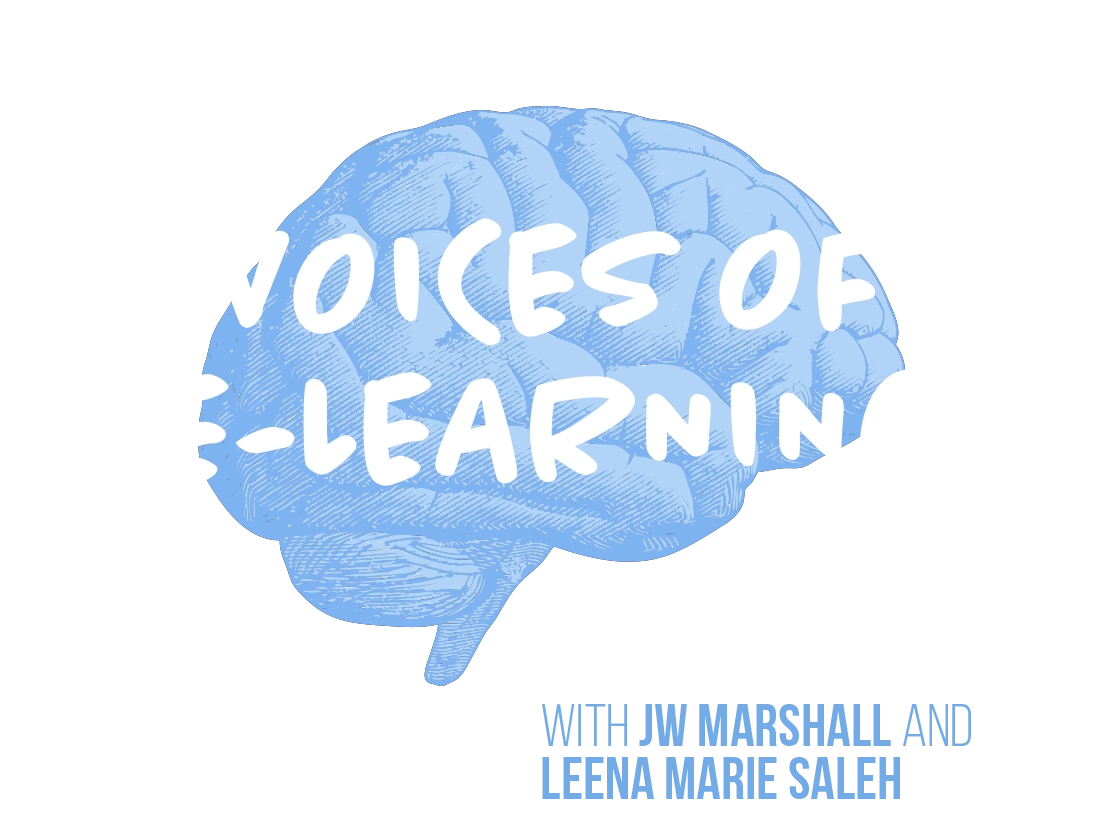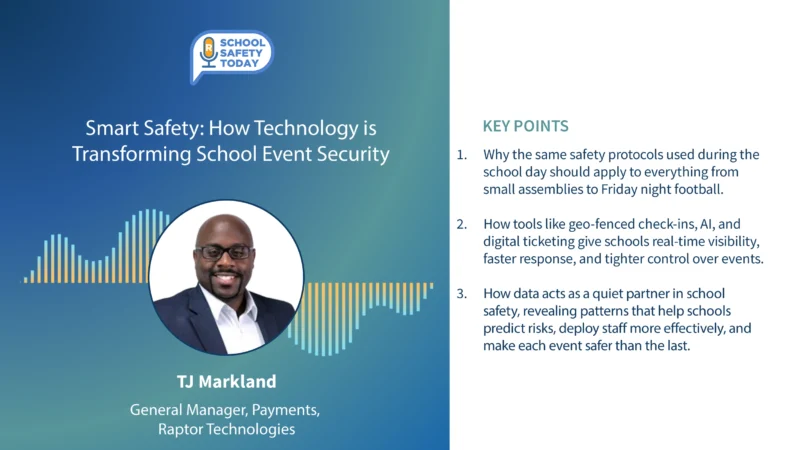Texas Extends Virtual Education Funding, But Educators Still Lack Proper Training for Maximizing Ed Tech Learning Tools
With technology infused into nearly every aspect of our lives, even education hasn’t escaped its transformative reach. Education technology, better known as Ed tech, is the way of the future and it increasingly saw a rise during the COVID-19 lockdown. Now, the traditional schooling in the classroom is undergoing a metamorphosis, with virtual and hybrid learning models stepping more and more into the limelight. These dynamic systems are not merely pandemic-era contingencies; they represent the vanguard of educational adaptability, offering a lifeline to students who might not flourish in conventional learning environments. Recently, Texas’ governor gave the green light to the state’s educational agency to give an extension to schools offering virtual education. This new direction will allow school districts to choose how they want to carry out.
However, embracing technology in education is not without some cons. Despite rapid Ed tech adoption, many educators may not be readily able to jump right into virtual education. The situation begs the question of equitable access to diverse learning modes, further pushing the ongoing debate over school choice.
Marketscale’s “Voices of eLearning” co-host and educator, Leena Marie Saleh, said that diversified educational learning options can prove to be a win for students who excel best with virtual learning. She also added that a downside looms in whether some educators are equipped to best utilize the tools for the job, specifying some concerns with what the extension on virtual education could mean in the future.
Saleh’s Thoughts
“Being able to provide students in K-12 with virtual and hybrid education is really, really important. It’s important in that we need to provide the opportunity for students who don’t traditionally thrive in a K-12 classroom, traditional setting, should have the opportunity to have virtual and hybrid learning. Now, this opens the window for also tutoring in schools, and it also offers the ability to provide not only extra intensive instruction, but also to give opportunities for those students who are achieving at high levels. Now, after three years, are educators trained to make the most out of their ed-tech and online learning tools? The short answer is no, they aren’t.
They are not given the correct training or the time and space and capacity to really learn how to do and leverage the tools in the best way possible. There are some spigots of districts who are doing a really, really good job of that, but for the majority of schools and districts, they really are not honoring that space for teachers. Now, how does this debate currently stack up around parent and school choice? Well, we need to be able to give everyone the opportunity to have the option for virtual or hybrid, no matter where we stand in the process. It may not provide for the most equitable or diverse setting, but it does give the opportunity for students who don’t learn well in that setting to have a choice of how they want to go to school.”




